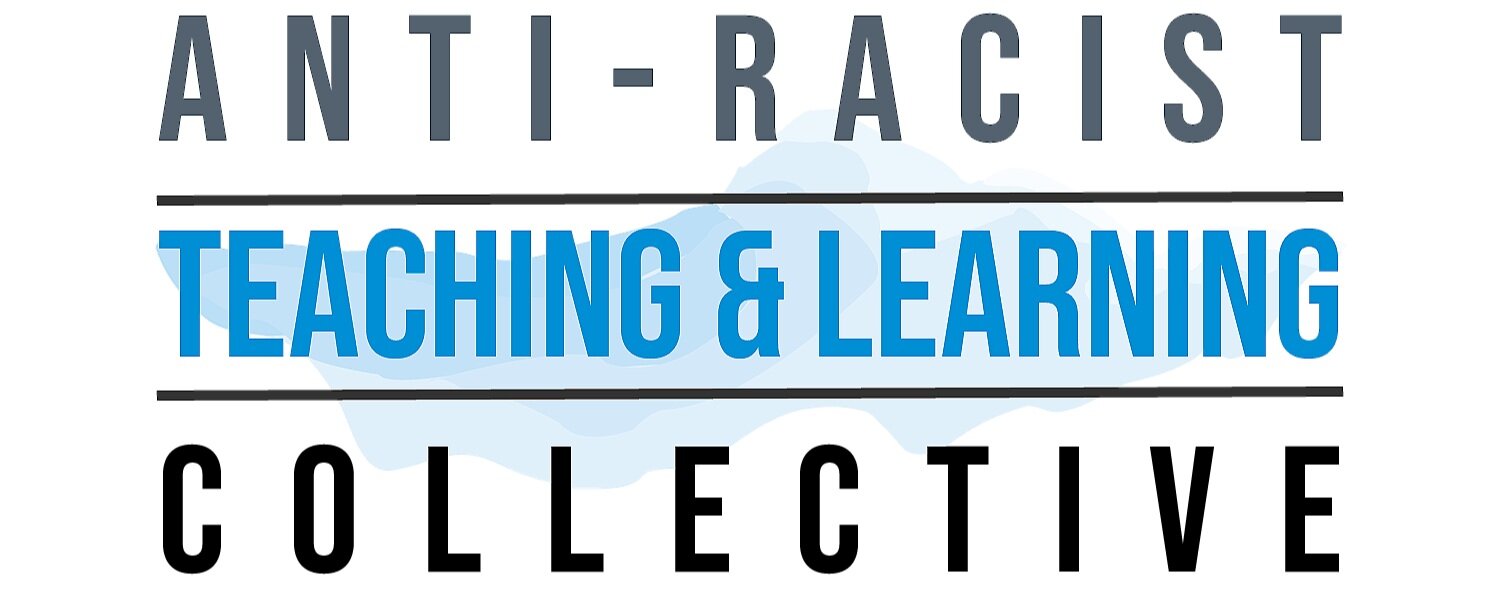Learning from CT Teachers about Anti-Racist Pedagogy and Practice
Our new Teacher Interview Project seeks to build our collective understanding of anti-racist teaching and learning by learning from and documenting the insights of public school teachers and their experiences with curriculum, pedagogy and practice.
Since the beginning of the summer, the ARTLC has interviewed over forty teachers across the state about their approaches to reimagining the student-teacher relationship, to elevating student experience, and shifting the pedagogy and curriculum. ARTLC is producing a preliminary report sharing the insights and findings from these interviews and how other teachers can learn from these practices.
The project is a part of the ARTLC’s effort to compile resources for teachers and educators to use in the classroom. In addition to providing a repository of lesson plans, curricula, or readings, the Collective facilitates mutual learning between teachers—a need emphasized by educators in our community.
If you are a teacher in CT willing to be interviewed for the project, please contact us at info@antiracistteaching.org.
Profiles of the teachers based on these interviews can be found here, and summarizes some of their key insights and findings. For example, the one profile of New Haven language arts high school teacher Samantha Leska describes three key insights from Leska’s teaching framework and practice:
Educators must avoid propagating ideas about anti-racist and culturally relevant pedagogy that unwittingly further stereotypes about the needs and interests of students of color
Anti-racist and culturally relevant pedagogy that centers around leveraging and building upon students’ own knowledge, interests, and lived experiences promote better engagement and more effective learning.
Administrative signals to the teacher body are critical to establishing a foundation for anti-racist culture in a school.
Leska touches on several issues of perspective and curriculum, from the importance of avoiding savior complexes as an educator, to the value of placing texts from across time, race, and geography in dialogue with each other. She describes the rich, student-led discussion prompted by a class she taught on feminist literature that began with Jane Eyre and Wide Sargasso Sea, and cluminated in a discussion of Disney’s Mulan (1998). Leska also elaborates on the need and the method of intervening in situations in which a student’s misunderstanding can cause their peers to feel frustrated or uncomfortable. The profile concludes with additional examples from the classroom, as well as Leska’s experiences interacting with her school’s administration. Like those that preceded it and those to come, the profile communicates the teacher’s experiences in a manner that is accessible to educators seeking to emulate the portrayed anti-racist work in their own schools.
Written by the ARTLC Team
